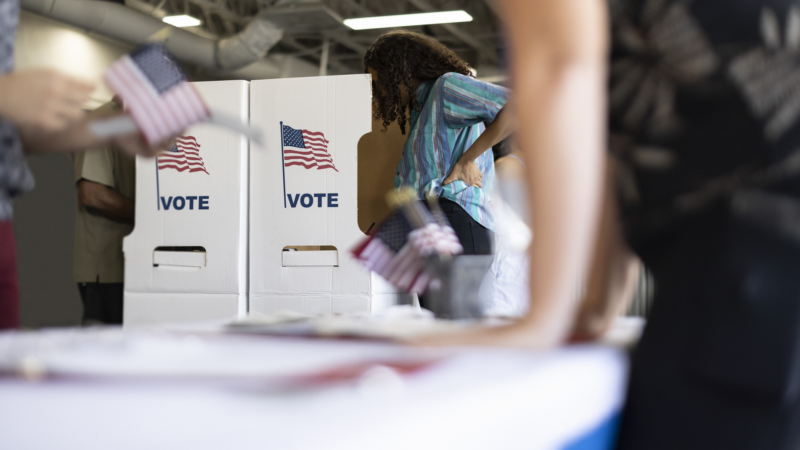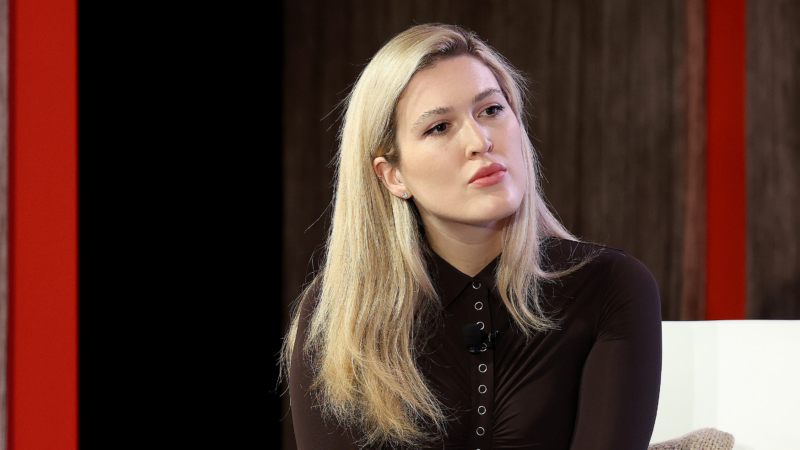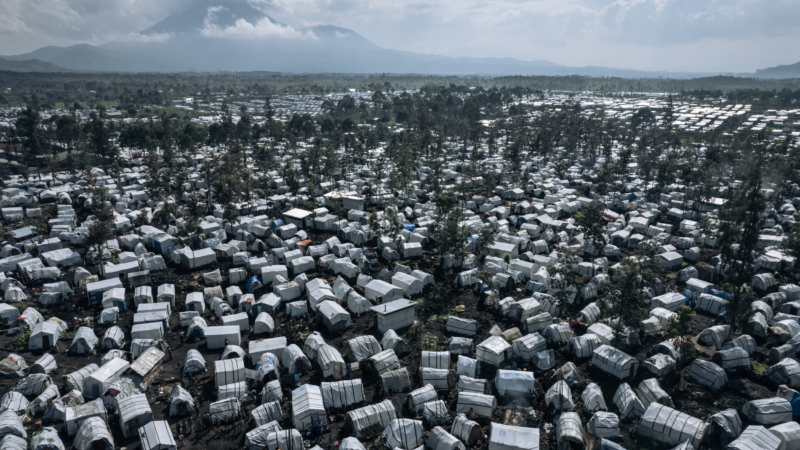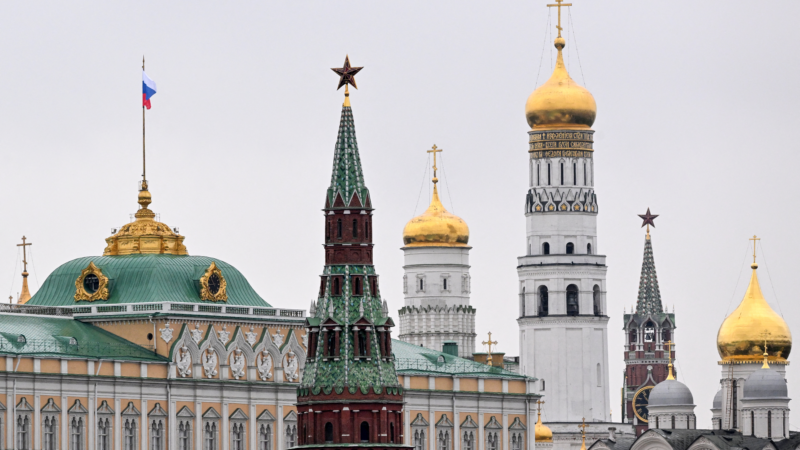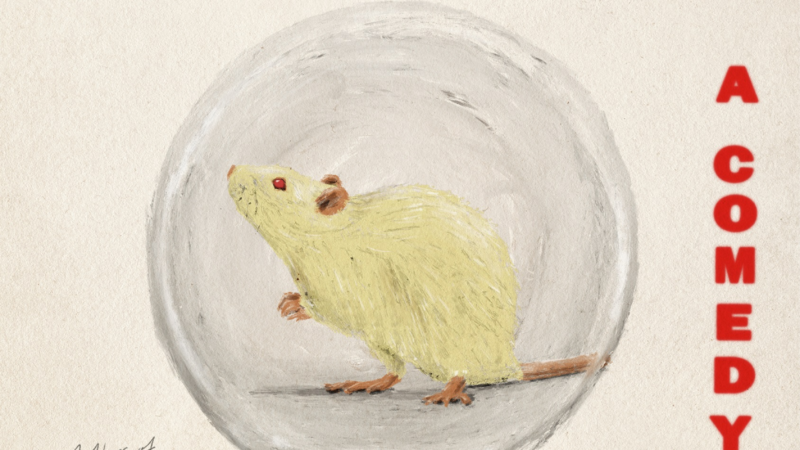A divided country agrees: The election is stressing everyone out
Every year the American Psychological Association takes a look at the leading causes of stress in the U.S., and publishes an annual report. This year the report shows all the usual suspects like money, health and family are still wearing people down, but one issue is dominating – politics.
Seven out of 10 adults say the future of the nation is a significant source of stress in their lives and the issue crosses party lines: 80% of Republicans rated it a top stressor, so did 79% of Democrats and 73% of Independents. Lynn Bufka, a clinical psychologist and APA’s deputy chief, professional practice, says she was surprised by the findings.
“Republicans, Democrats are actually united in having concern about the future of the nation. And they’re not sure that the country’s system of checks and balances is actually working the way it should be working,” Bufka says. The majority is worried that the election results will lead to political violence.
The report – called Stress in America 2024: A Nation in Political Turmoil — details the results of a survey conducted by the Harris Poll on behalf of the APA. More than 3,000 U.S. adults aged 18 and older were surveyed between August 1st and 23rd, 2024.
Most adults (54%) say they have little to no trust in the U.S. government, and 41% say the state of the nation has made them consider moving to a different country. And another finding that’s probably adding to the political divide — 46% of respondents say they wouldn’t date someone who didn’t share the same political opinions (47% of women said this, and 45% of men).
A majority of respondents are also concerned about misinformation and disinformation — 82% said they are worried that people are basing their values and opinions on false or inaccurate information.
Bufka says one of the problems is Americans are not seeing the things that matter to them represented in the political discourse. People want to feel safe in their communities, hold jobs that can support their families, and drive on roads without potholes and bridges that don’t collapse, she says.
“Oftentimes people are feeling concerned or stressed when they’re not seeing politicians working on the issues that really make a difference in their day to day lives,” Bufka says.
The same is true of the political conversations people see in the news and on social media platforms.
Tania Israel, professor of counseling psychology at UC Santa Barbara and author of the book Facing the Fracture, How to Navigate the Challenges of Living in a Divided Nation, says people can change this dynamic by putting down their phones and talking to each other, “really listening to where other people are coming from and encouraging them to share more with us rather than share less with us,” says Israel. “Because folks are more nuanced, more complex and less extreme than we imagine them to be.”
Israel also encourages people to become involved in civic life or politics outside of their social media feeds with activities like “working at the polls on election day, volunteering in your community, coaching soccer,” she says. “Anything that’s working toward a common goal with other people is really not only good for that cause, but also for our mental health.”
There is some positive news in the report. Three out of five people felt hopeful about the election results. Stress can also galvanize people into action; 80% of survey respondents say they do intend to vote in the Presidential election.
Bufka says even though there are known solutions to mitigating the perceived political divide – people are just out of practice with these behaviors.
“Either we’ve forgotten how to do that, we’re uncertain how to do that, or we have gotten ourselves sort of into our own bubbles in a way that we’re not sure how to get out of them,” she says.
She believes Americans want to find their way back to a place where they aren’t shouting past each other — they just don’t know how to get there.
If political disagreements are stressing you out, you can find tips and strategies to bridge the divide at NPR’s Stress Less: A quest to reclaim your calm.
This story was edited by Jane Greenhalgh
Olivia Nuzzi and ‘New York Magazine’ have split over her relationship with RFK Jr.
The magazine said the two parties agreed to part ways, though an investigation found no inaccuracies or bias in Nuzzi’s reporting. Meanwhile, Nuzzi and her ex-fiancé are blaming each other in court.
Why this country is seeing a ‘staggering’ increase in the number of rapes
New reports from Physicians for Human Rights and Doctors Without Borders document a "massive influx" of sexual violence in the eastern Democratic Republic of Congo. What can be done to stop it?
5 people are dead and a teenager is in custody after a shooting in Washington state
Five people, including three teenagers, are dead after a Monday morning shooting in a home in Fall City, Wash. A 15-year-old male was taken into custody.
U.S. intel officials says Russia is behind attempts to smear Tim Walz
A video making lurid and false claims about the Democratic presidential candidate was spread by pro-Trump accounts. Intelligence officials say Russia was behind the video.
What if a ‘Blood Test’ predicted you’d commit murder?
In Charles Baxter's new novel, a small-town insurance salesman buys a blood test that can predict romantic entanglements, promotions — and more. It's a screwball satire of all-American zaniness.
Honda recalls 700,000 Accords, Civics and CR-Vs for fuel pumps that can leak
Honda said there are no reports of injuries or deaths related to the issue. It is the second major call this month at Honda, after 1.7 million vehicles were found to have potential steering issues.
